TL;DR: How to Hire WordPress Developers
- Know your goal – Define site type and features.
- Pick the right type – Freelancer, agency, or in-house.
- Check skills – PHP, JS, HTML/CSS, WordPress, WooCommerce.
- Evaluate soft skills – Communication, time mgmt, problem-solving.
- Set a budget – Freelancers start at $20/hr; agencies at $75/hr.
- Use contracts – Clear scope, milestones, and IP terms.
- Avoid cheap traps – Quality > low cost. Always check portfolios.
- Test & verify – Ask for past work or give a small test task.
- Timelines vary – 2 weeks to 4 months based on complexity.
- Think long-term – Hire for value, not just to fill a gap.
Introduction
Hiring a WordPress developer can be a pivotal decision—one that significantly impacts your website’s performance, security, and scalability. With WordPress powering a large portion of the internet, the pool of available developers is vast, but not all are equally skilled or suited to your specific needs. Whether you’re launching a new site, revamping an existing one, or simply need ongoing support, navigating this hiring process can be overwhelming. This guide is designed to cut through the noise. It breaks down every step—from assessing your project requirements to evaluating skills, comparing freelancers vs agencies, and avoiding common pitfalls—so you can confidently hire WordPress developers talent that’s the right fit for your business needs.
Why Hire WordPress Developers?
Many businesses start off using drag-and-drop builders or off-the-shelf themes, only to realize later that they need custom functionality, better performance, or unique design elements. That’s where a WordPress developer comes in.
1. Customization & Scalability
A developer can tailor your website to reflect your brand identity, add features you won’t find in plugins, and ensure it’s ready to grow as your business does. Custom WordPress development also allows more flexibility and control compared to pre-built themes.
2. Performance Optimization
Speed matters for both users and search engines. A developer can optimize image loading, minimize scripts, and implement best practices to make your site faster. If this is a priority, you may want to explore practical ways to speed up your WordPress website.
3. Security Enhancements
WordPress is a popular target for hackers. Developers implement security best practices such as custom login URLs, code sanitation, and secure plugins. For higher protection, implementing two-factor authentication can also be a smart move.
4. Ongoing Maintenance & Support
A reliable developer isn’t just for launch—they ensure your site remains bug-free, updated, and compatible with evolving plugins and themes.
5. Integration with Other Tools
Need to connect your website to a CRM, email marketing platform, or third-party analytics? A developer ensures smooth, reliable integrations.
6. When to DIY vs. When to Hire
If you’re managing a simple blog or portfolio, DIY might suffice. But if you’re running an eCommerce site, LMS, or membership platform—hire a pro.
Types of WordPress Developers
Understanding the different types of WordPress developers will help you hire the right person for your specific needs:
- Front-End Developer: Specializes in user interface and design, working with HTML, CSS, and JavaScript.
- Back-End Developer: Focuses on functionality, server-side logic, and database management using PHP and MySQL.
- Full-Stack Developer: A hybrid who can handle both front-end and back-end tasks.
- Theme Developer: Builds and customizes WordPress themes from scratch or from a base theme.
- Plugin Developer: Creates or customizes plugins to add unique features.
Understand Your Project Requirements Before You Hire WordPress Developers
Before you even start searching for developers, you need clarity on what you actually want built.
1. Define Your Business Goals
Are you aiming to increase leads, sell products, or create a community hub? Your goals influence the features you’ll need.
2. Identify the Type of Website You Need
- eCommerce store (WooCommerce)
- Corporate website
- Blog or magazine
- Membership or LMS platform
3. Estimate Budget & Timeline
Understand how much you’re willing to invest and when you need the project completed. This sets realistic expectations for both parties.
Freelancer vs Agency vs In-House Developer
Choosing between a freelancer, an agency, or an in-house developer depends largely on the scale, timeline, budget, and internal resources of your project. Each option has unique pros and cons that suit different business scenarios.
Freelancer
Freelancers are independent professionals who usually work on a project or hourly basis. They’re often a go-to choice for startups or small businesses looking for affordability and flexibility.
Pros:
- Budget-friendly compared to agencies or in-house teams
- Flexible work hours and quick turnaround for small tasks
- Wide talent pool across freelance platforms
Cons:
- May lack backup or support in emergencies
- Limited availability, especially if working on multiple projects
- Communication and project management may be less structured
Best for: One-time projects, quick fixes, small businesses, and MVPs (Minimum Viable Products)
In-House Developer
An in-house developer is a full-time employee dedicated solely to your company. This option works best for businesses with consistent development needs and long-term digital strategies.
Pros:
- Deep understanding of your business, goals, and workflows
- Faster collaboration and feedback loops
- Better control over project timelines and codebase
Cons:
- Higher costs (salary, benefits, infrastructure)
- Limited to the skill set of the individual unless you hire a team
- Recruitment and onboarding take time
Best for: Ongoing feature development, rapid iteration cycles, and businesses with long-term technical roadmaps
Agency
A WordPress development agency offers a full-service team—often including developers, designers, project managers, and QA testers. Ideal for high-budget, high-stakes projects.
Pros:
- Access to a full-stack team with specialized expertise
- Project management included, reducing your workload
- Scalability: easily ramp up or down based on project needs
Cons:
- Higher cost due to overhead and bundled services
- May not provide the same level of personal attention as a freelancer or in-house team
- Could be overkill for simple websites or minor updates
Best for: Complex websites, multi-functional platforms, redesigns, and enterprise-grade projects
Pro Tip: If you’re considering outsourcing, this guide to hiring a WordPress development company offers a helpful checklist to assess quality, transparency, and fit.
Key Skills and Qualifications to Look When you Hire WordPress Developers
Hiring a developer isn’t just about finding someone who knows WordPress—it’s about finding someone who can solve your unique business challenges using the WordPress ecosystem. Depending on whether you need long-term collaboration or a project-specific solution, it’s also important to weigh the pros and cons of different hiring models. If you’re unsure whether to go with a freelance developer or a full-service agency, this detailed comparison between WordPress design agencies and freelancers can help clarify which path aligns best with your project goals.
Here’s a breakdown of essential skills, both technical and non-technical, that your ideal candidate should possess:
1. Core WordPress Expertise
A strong foundation in the WordPress core is non-negotiable.
- Familiarity with the WordPress Loop, Hooks (actions & filters), and Template Hierarchy.
- Deep understanding of Gutenberg (block editor) and the ability to create custom blocks.
- Ability to work with WordPress Multisite if your project requires managing multiple sites from one dashboard.
- Knowledge of WordPress REST API for headless or hybrid approaches.
2. Proficiency in Programming Languages
A well-rounded developer should write clean, maintainable code in:
- PHP – Backbone of WordPress development. Must understand OOP (Object-Oriented Programming), namespaces, and PHP 8+ features.
- HTML5 & CSS3 – For creating responsive layouts and handling custom styling.
- JavaScript – Especially vanilla JS, jQuery, and ideally React.js (which Gutenberg uses).
- MySQL – Essential for database queries and performance tuning.
3. Theme & Plugin Development
Whether building from scratch or modifying existing tools, developers should be able to:
- Build custom themes that adhere to WordPress coding standards.
- Create or modify custom plugins to add unique functionality.
- Ensure compatibility with child themes to avoid losing changes after updates.
- Follow WordPress Coding Standards (as defined by the WordPress Developer Handbook).
4. WooCommerce Experience
If you’re running an eCommerce store, make sure your developer can:
- Customize product pages, checkout flows, and email templates.
- Implement payment gateways and shipping logic.
- Optimize WooCommerce for speed and scalability.
- Integrate WooCommerce with CRM, ERP, or analytics tools.
5. SEO & Performance Optimization
Your developer should help your site rank and load faster:
- Implement technical SEO: schema markup, meta tags, sitemaps.
- Use lazy loading, image compression, and script deferring.
- Work with caching plugins (e.g., WP Rocket, W3 Total Cache).
- Optimize for Core Web Vitals (LCP, FID, CLS).
- Understand SEO-friendly permalink structures and proper use of heading tags.
6. Page Builder Experience
Although advanced devs often prefer custom themes, familiarity with major builders can be a plus for hybrid teams:
- Elementor – Widely used and ideal for dynamic, no-code site editing.
- Divi, Beaver Builder, or Brizy – Depending on your stack.
- Ability to extend page builder functionalities with custom widgets or templates.
- Understand the trade-offs between performance and ease-of-use.
7. Security Best Practices
A must-have for protecting your site and customer data:
- Use nonces and escaping/sanitizing inputs to prevent XSS and SQL injections.
- Minimize plugin usage and vet each one for update frequency and code quality.
- Apply role-based access control to backend users.
- Enable two-factor authentication and custom login URLs.
8. Soft Skills & Communication
Don’t overlook these—some of the biggest project failures come from poor collaboration:
- Clear communicator: Can explain technical ideas to non-tech stakeholders.
- Responsiveness: Answers queries promptly and proactively.
- Project management: Familiarity with tools like Trello, Asana, ClickUp, or Jira.
- Time management: Can juggle multiple tasks and deliver on time.
- Problem-solving mindset: Doesn’t just code—finds efficient solutions.
How Much Does It Cost to Hire WordPress Developers?
Pricing varies wildly depending on experience, location, and the nature of the work.
Hourly vs. Fixed Pricing
- Hourly: Great for long-term maintenance or undefined projects.
- Fixed: Ideal when deliverables and timelines are crystal clear.
Cost Breakdown
- Freelancers: $20 – $100/hour (or more for top-tier talent)
- Agencies: $75 – $200/hour (but you get a whole team)
Tips for Budgeting
- Plan for post-launch support
- Don’t just chase the lowest price
- Ask for a detailed proposal or itemized quote
Hiring & Contracts: Making It Official
1. Draft a Project Brief
Outline your goals, pages required, tech stack, plugins you prefer, and desired outcomes. This document guides the entire process.
2. Create a Transparent Contract
Include scope, payment schedule, intellectual property rights, and what happens if delays or scope creep occurs.
3. Agree on Payment Terms
Use milestones (e.g., 25% upfront, 25% mid-project, 50% upon delivery). For long-term work, consider retainer models.
Top Places to Find a Dedicated WordPress Developer
With countless platforms and agencies offering WordPress development services, it’s important to focus on trusted sources where you can find skilled, reliable professionals. Here are the top platforms to consider:
1. Codeable.io
A premium platform dedicated exclusively to vetted WordPress experts. Each developer undergoes a strict screening process, ensuring high-quality results. Ideal for businesses that need custom plugin/theme development, performance optimization, or security fixes—with a guarantee of quality and support.
2. Toptal
Toptal claims to accept only the top 3% of freelance talent, making it a perfect match for businesses with high-budget, high-performance needs. If you’re working on a complex WordPress application and want developers who’ve worked with enterprise clients, this is the place.
3. WordPress Jobs
The official job board by WordPress.org. It’s a free resource for employers and a great place to post roles for freelancers, agencies, or full-time developers. You’ll find developers who are already part of the WordPress ecosystem and community.
4. WPRiders
A full-service WordPress agency that specializes in helping startups, entrepreneurs, and SMEs with product development, MVP launches, and site customization. They’re known for balancing technical quality with business understanding.
5. ClickWP
ClickWP focuses on supporting non-technical business owners. Whether you need simple customizations, plugin configuration, or monthly site maintenance, they offer affordable packages and excellent support for small websites and blogs.
6. Stack Overflow Careers
One of the largest communities for developers, Stack Overflow Careers lets you find technically-advanced and community-engaged WordPress professionals. It’s especially useful when hiring full-time or remote developers with broader development experience.
7. Creole Studios
Creole Studios offers highly-skilled WordPress developers capable of custom theme and plugin development, complex integrations, and performance optimization. What sets them apart is their 3-day free trial, allowing you to evaluate the developer’s skills risk-free before committing. A smart choice for businesses looking for flexible hiring, transparency, and fast onboarding.
Frequently Asked Questions
Q: What’s the difference between a WordPress developer and a designer?
A developer handles functionality and code, while a designer focuses on layout and visuals. Many professionals specialize in both—but don’t assume they do!
Q: How do I verify a developer’s skills?
To verify a WordPress developer’s skills, ask for code samples or GitHub links to assess their coding quality. Review their portfolio to evaluate past projects and technical versatility. Also, contact previous clients for feedback on their professionalism, communication, and reliability.
Q: What are hiring red flags?
Hiring red flags include vague or inconsistent communication, refusal to provide a contract, or lack of client references. Frequent missed deadlines also signal poor reliability and time management.
Q: What’s the typical project timeline?
The typical timeline for a WordPress project varies by complexity—basic sites take about 1–3 weeks, while business sites may need 4–6 weeks. Custom or eCommerce websites can extend to 2–4 months due to advanced features and integrations.
Final Thoughts: Set Your Project Up for Long-Term Success—Hire WordPress Developers with the Right Expertise
Hiring the right WordPress developer is an investment—not just in your website, but in your business. Take time to define your goals, assess your options, and interview thoroughly. A great developer doesn’t just build a website—they become a partner in your digital growth.
So whether you go freelance, agency, or in-house—use this guide as your north star to hire smart, avoid pitfalls, and get a WordPress site that truly works for you.
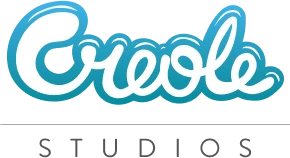

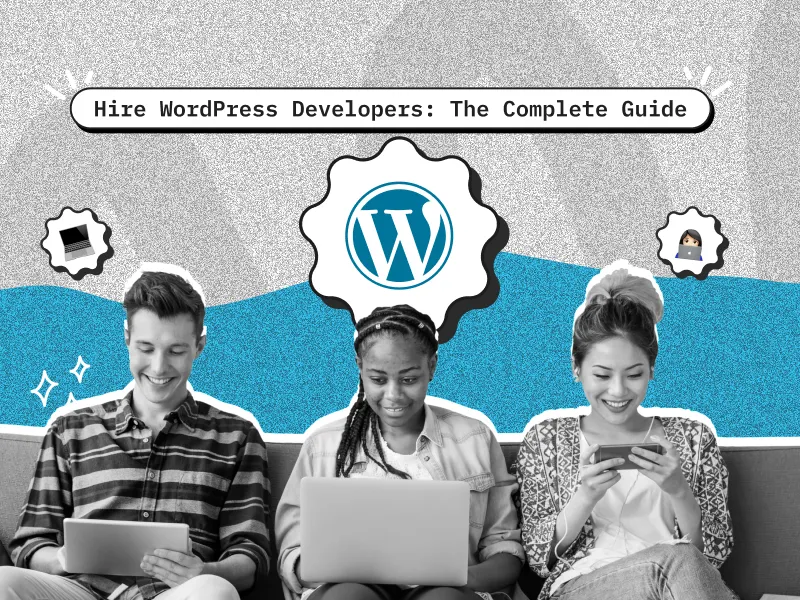








 30 mins free Consulting
30 mins free Consulting 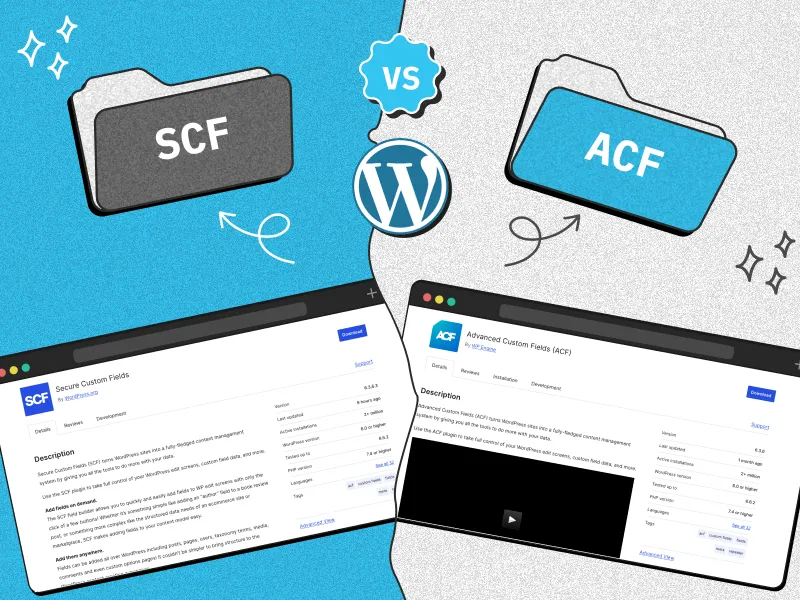
 8 min read
8 min read 
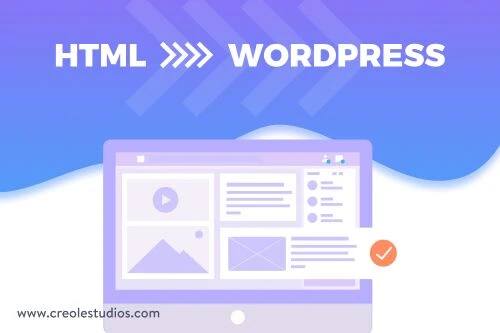
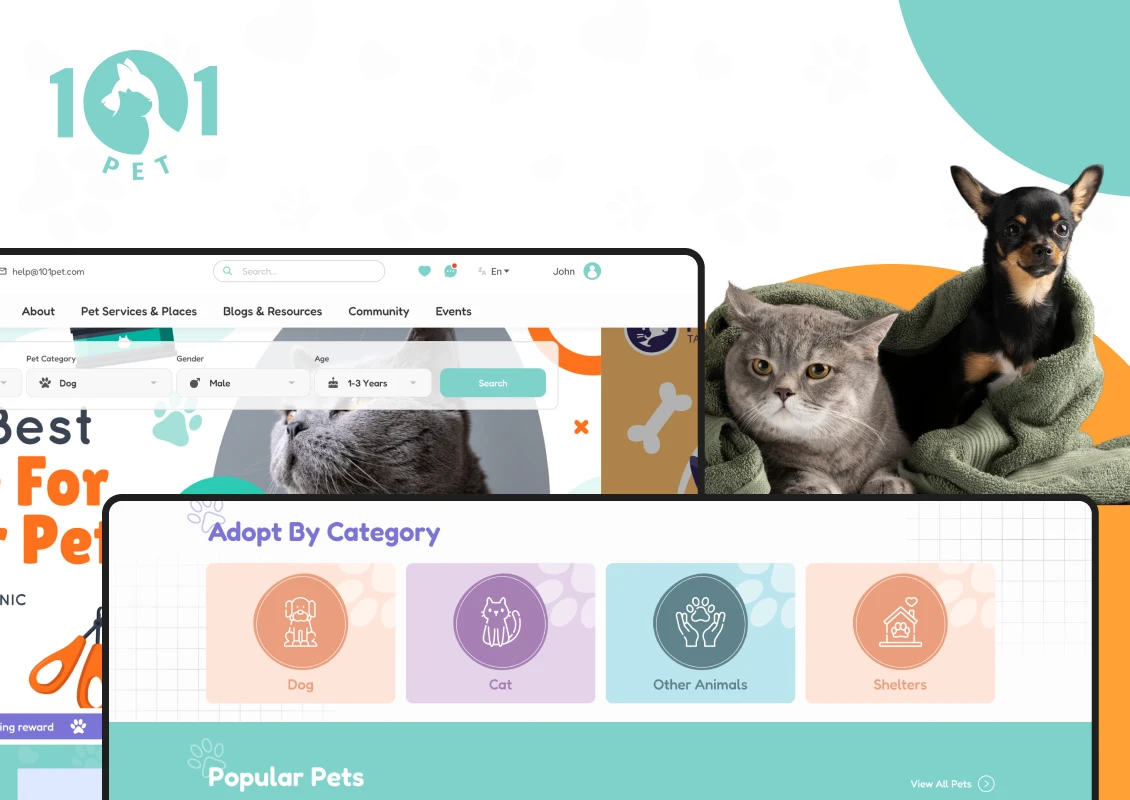
 Honk Kong
Honk Kong 
 UK
UK 
 USA
USA 





 Love we get from the world
Love we get from the world 